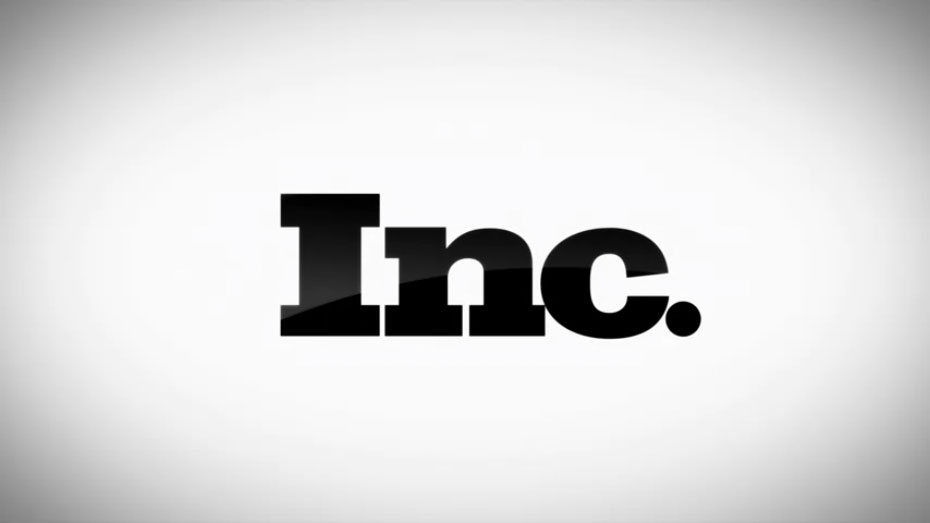How to Use Scrapbook on Note 5
Promissory Notes

Quite simply, a promissory note is a promise to pay or IOU. It is a formal commitment (also known as a loan agreement or contract) between two parties that is usually necessary when money is borrowed and lent between them. All business loans secured from a bank or other lending institution have some sort of promissory note, but they are also recommended for loans between two individuals (even if the loan is between family members or close friends) to avoid any misunderstandings or possible legal troubles.
A promissory note should have several essential elements, including the amount of the loan, the date by which it is to be paid back, the interest rate, and a record of any collateral that is being used to secure the loan. Other interest-rate options, like discounting or compensating balance requirements, can also be included. When the promissory note is discounted, the interest is taken off the principal amount at the beginning of the loan. The borrower pays back the entire amount, even though he only received the principal minus the interest. This practice is not very common because it is a higher effective rate of interest than the stated rate for the borrower. A compensating balance is usually required for large loans or lines of credit. It requires that the borrower maintain an account with a specified minimum level account balance at the lending institution (usually a bank). This account balance earns little or no interest and also raises the effective interest rate of the loan. Default terms (what happens if a payment is missed or the loan is not paid off by its due date) should also be spelled out in the promissory note.
When signing a promissory note, both the lender and the person receiving the loan should be fully aware of the note's language. One obvious way to do this is to read the promissory note carefully and in its entirety before committing a signature to it. If there are any questions or confusion regarding the contents of the promissory note, a certified public accountant (CPA) or lawyer should be called on to make sure everything is understandable. When a casual promissory note is drawn up between two individuals, the IRS has a required interest rate. A CPA can help determine if the interest rate stated in the promissory note is too low and if it will result in penalties or automatically be raised. If the loan is interest free, the IRS may consider it a gift and require that a gift tax be paid on it.
Another point that businesses may want to consider when drafting a promissory note is what to do in case the business does not succeed. If the business is a corporation or limited liability company, it should be determined if the corporate shareholders or limited liability members will personally guarantee the loan. If this is not the case, they have no personal legal obligation to repay the loan in a worst-case scenario.
BIBLIOGRAPHY
Ashcroft, John D. Law for Business. Thomson South-Western, 2005.
McMillan, Dan. "Notes Causing Headaches." Business Journal-Portland. 28 July 2000.
Roberts, Barry S., and Richard A. Mann. Smith and Roberson's Business Law. Thomson West, 2006.
Updated Feb 6, 2020
How to Use Scrapbook on Note 5
Source: https://www.inc.com/encyclopedia/promissory-notes.html
0 Response to "How to Use Scrapbook on Note 5"
Post a Comment